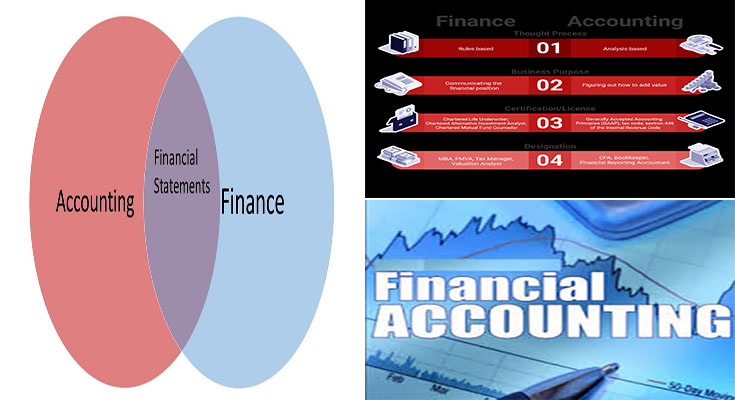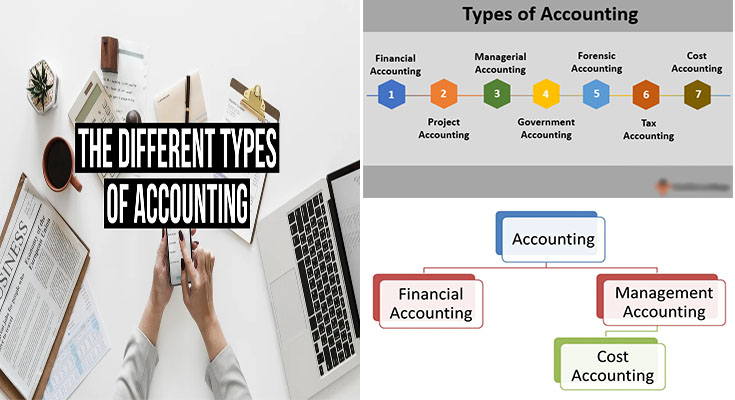
Advantages of Using Financial Accounting for Budgeting and Forecasting
In the world of business, budgeting and forecasting play a crucial role in planning and decision-making. One of the key tools utilized for this purpose is financial accounting. Financial accounting involves the preparation and analysis of financial statements to track the financial performance of a company. When it comes to budgeting and forecasting, there are several advantages to using financial accounting as a foundation:
1. Historical Data Analysis
- Financial accounting provides access to historical financial data, allowing businesses to analyze past performance and trends. This historical data serves as a valuable reference point for creating realistic budgets and forecasts.
2. Accurate Financial Reporting
- Financial accounting ensures accurate and consistent financial reporting, providing a clear picture of the company’s financial health. This accuracy is essential for creating realistic budgets and reliable forecasts.
3. Identification of Cost Drivers
- By analyzing financial statements, businesses can identify key cost drivers that impact their financial





